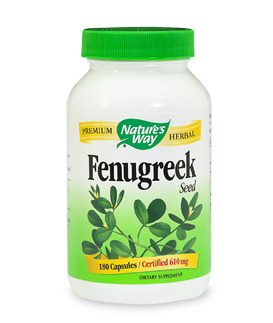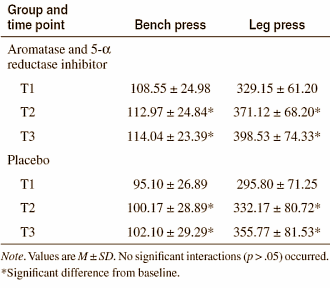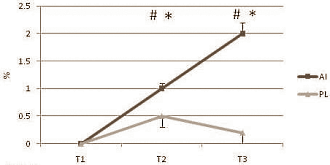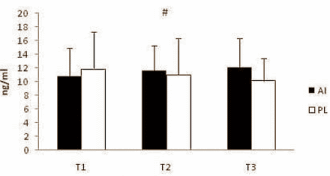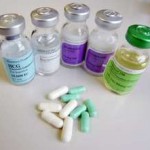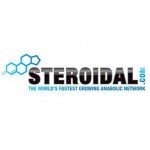Blog Entry #29
By Admin – Steroidal.com
There is a wide range of testosterone booster products on the market each claiming to raise testosterone via different mechanisms. Some products claim to raise luteinizing hormone (LH) levels, which stimulate the testes to secrete more testosterone elevating total testosterone levels. Other testosterone boosters claim to increase free testosterone, or bioavailable testosterone by lowering sex hormone-binding globulin (SHBG). Products combining both of these actions seem to be the most effective, but there is not a lot of solid date on herbs that raise total testosterone levels or do so by a margin worth spending your cash for.
One herb that’s gained popularity much like Tongkat Ali, is Fenugreek. We discussed in an earlier blog post that Tongkat Ali has an anti-estrogenic effect on the brain causing a rise in testosterone and it seems Fenugreek works in a similar way. The University of Mary Hardin-Baylor in the International Journal of Sport Nutrition and Exercise Metabolism studied Fenugreek and found it to have an anti-estrogen type effect in the subjects tested. However, like many manufacturer-sponsored studies they have a conflict of interest so what does other data suggest?
Researchers in the USA published a study in the International Journal of Sport and Nutrition and Exercise Metabolism in 2010, testing thirty young strength athletes with an average age of 21. The Fenugreek extract was standardised for grecunins, a group of steroid like compounds called spirostanus. This standardisation was done by Indus Biotech who were also the sponsor.
Half of the tested subjects took 500mg every day of Fenugreek extract [Al], the other half took placebo containing no active ingredient [PL]. The study was done for eight weeks and both groups increased their strength by about the same amount. T1= week 0, T2 = week 4; T3 = week 8.
There was not a marginal difference in lean body mass in both the experimental group and placebo group, perhaps indicating Fenugreek is not the best over the counter product to be used as part of a mass gaining cycle or for strength. However, fat mass did change. The fat percentage of the athletes in the Fenugreek group fell from 18.9 to 17.1 per cent. In the placebo group the decrease was from 18.4 to 17.8 per cent, as shown in the second diagram. So this ingredient may be worth adding as part of a cutting phase or cycle, offering some small advantage.
There was also a significant change in bioavailable testosterone (as shown above), which increased by 26 per cent in the Fenugreek group, which also shows a statistically significant change. Estrogen levels did not change, surprisingly, even though testosterone levels rose, speculated to be because of Fenugreek inhibiting aromatase as do other compounds, such as, Exemestane and Anastrozole.
Source: Int J Sport Nutr Exerc Metab. 2010 Dec;20(6):457-65.




